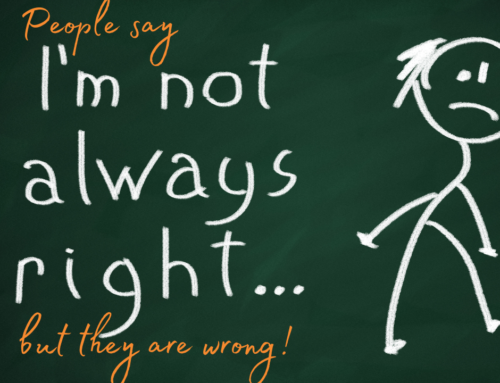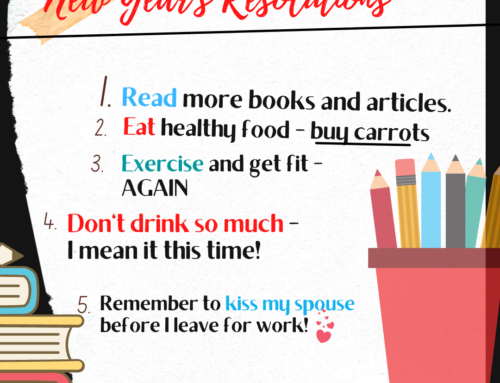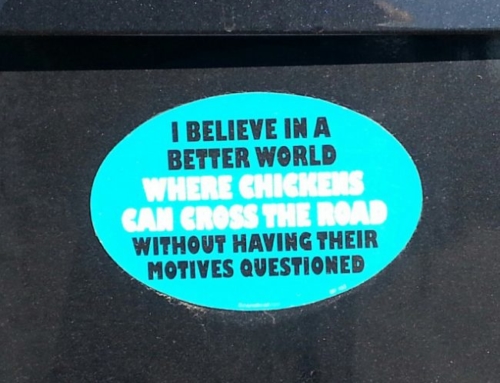How to Build Relationships in Your Workplace
I am always on the lookout for how to build better relationships. All success in life seems to depend on how we get along with others.
One of the books that I have read recently is by a Canadian sales professional named Colleen Francis. Her book, Nonstop Sales Boom: Powerful Strategies to Drive Consistent Growth Year After Year, provides a wealth of information. Francis looks at how salespeople build relationships with clients and prospective customers.
Building Relationships is Key to Any Career
I was a police officer for more than 35 years and regularly received a paycheque. As long as I put in the work, I got paid. I was fortunate that way. Now though, as an entrepreneur co-leading this growing training and consulting company, any resources I can find to build our business interests me. Francis’ book resonated with me straight away.
As I read, I found myself thinking that many of the ideas Francis shared to avoid the boom-bust cycle of sales could be applied to relationships in general.
Boom or Bust – Relationships Behaviors
The boom-bust cycle in the sales world refers to the roller-coaster that salespeople and organizations experience with inconsistent and unpredictable sales results. Along with the sales results are the erratic and unpredictable responses to those results. Such organizations often place an overwhelming burden on a few top performers, which puts their revenue at risk. Often, to secure and force a desperate last-minute deal, concessions are agreed upon that ultimately undermine both top and bottom lines. The trust and stability throughout the entire organization, as well as clients, suffer erosion.
Francis’ book talks about the destructive power of these cycles and how they often destroy the organizations. Organizations consist of the people working within them.
Her primary tactic is to ensure that there are consistent and positive behaviors demonstrated in relationship building, relationship maintenance, and relationship development.
Relationships, according to the author, should never be taken for granted. Each one of them deserves our gratitude and respect. Attitudes must translate into behaviors. Behaviors are actions, not feelings.
The Relationship Life-Cycle at Work
I am all too familiar with organizations where people have enjoyed positive introductions and enthusiastic onboarding rituals. People start their new roles, patting themselves on the back, and convincing themselves that they made the right decision to join the company. The adage that the grass is greener on the other side of the fence must be true; they muse. That is similar to the ‘boom’ part of the cycle.
Very quickly, though, these new workplace relationships are taken for granted. We get lazy and slip into our default silos and subconsciously think to ourselves that we will get around to those positive actions and behaviors tomorrow. After all, the other person is going to be there tomorrow, aren’t they? And the day after that? And the day after that?
In the end, we don’t get around to acting on any of the simple demonstrations of civil and positive workplace relationship building. While it certainly isn’t our specific intent to take those relationships for granted, others may interpret it differently.
How Those in Relationship to You See You
Colleen Francis talks about how salespeople often run into problems when they are so thrilled to require a new client (akin to the enthusiastic onboarding experience at a new workplace). They then sit back and take the client for granted. I have the client now, so I can (should, must) move on to the next one. Meanwhile, the client loses the sense of connection and engagement from the salesperson because that person’s attention is now elsewhere.
It may not be the salesperson’s specific intention to take the relationship with the client for granted, but the client may see it differently.
How many times have you heard people complain that “the insurance salesperson was great until they sold me insurance? Now, I never hear from them.”
So, what is the answer?
How do we ensure that we don’t take these workplace relationships for granted and that we express appreciation and treat them with respect? We practice building relationships.
How To Succeed, Keep Notes
In her book, Nonstop Sales Boom, Colleen Francis is keen to suggest that salespeople keep track of their activities to ensure that they complete them. She stresses that activity, accurately documented, will lead to positive results.
Indeed, you don’t need to document each of the times that you demonstrate the behaviors that I’m going to suggest. But, when you are trying to create a new habit, holding yourself accountable through factual evidence (checks on a calendar?) could help you translate intent into behavior.
Civility Code of Conduct
Here are those suggestions are taken from our hypothetical Civility Code of Conduct:
- greet and acknowledge each other
- say please and thank you
- acknowledge the impact of our behavior on others
- welcome feedback from each other
- be approachable
- communicate directly, with sensitivity and honesty
- recognize the contributions of others
- respect each other’s time commitments
- address incivility
- treat each other equally and with respect, no matter the conditions
None of these behaviors will cost you anything, but your workplace relationships will be more prosperous for them. Of that, I am sure.






